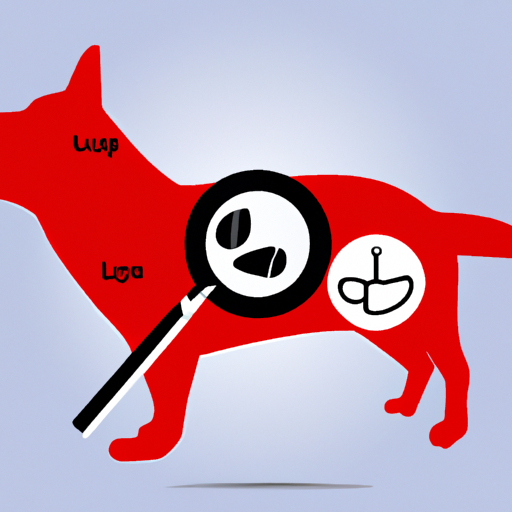Understanding ALT Levels
You may not have heard of Alanine Aminotransferase (ALT), but it is a key player in your dog’s health. ALT is an enzyme found mostly in the liver. When liver cells are damaged, they release ALT into the bloodstream, which can then be measured through a blood test. High ALT levels can indicate liver damage or disease, but it’s not always that straightforward. There are a few reasons why your dog might have high ALT levels, and not all of them are dire.
Causes of High ALT Levels
There are a few primary causes of high ALT levels in dogs. They include:
- Liver disease or damage. This is the most common cause of high ALT levels. It could be due to a chronic condition like cirrhosis, or an acute issue like trauma to the liver.
- Medications. Some medications can cause ALT levels to rise. If your dog is on medication, be sure to monitor their liver function regularly.
- Age. Older dogs may have higher ALT levels than younger ones.
Your vet will likely want to investigate further if your dog’s ALT levels are high to determine the root cause.
Symptoms to Watch For
If your dog has high ALT levels, they may display some of the following symptoms:
- Loss of appetite
- Vomiting or diarrhea
- Lethargy or depression
- Yellowing of the eyes or skin (jaundice)
If you notice any of these symptoms in your dog, it’s important to get them to a vet as soon as possible.
Treatment Options
The treatment for high ALT levels in dogs depends largely on the underlying cause. If the cause is liver disease, your vet may recommend a special diet, medications, or in severe cases, surgery. If medication is causing the high ALT levels, your vet may be able to adjust the dosage or switch to a different drug.
Long-Term Management
Once the immediate crisis has passed, you’ll need to think about long-term management. This might include:
- Regular blood tests to monitor ALT levels
- A special diet to support liver health
- Medication to manage any underlying conditions
| Regular Blood Tests | Special Diet | Medication |
|---|---|---|
| Monitor ALT levels | Support liver health | Manage underlying conditions |
Frequently Asked Questions
Q: What is a normal ALT level for dogs?
A: Normal ALT levels can vary by lab, but generally, they should be less than 100 U/L.
Q: Is a high ALT level always a sign of liver disease?
A: Not always. Other factors, like age and medication, can also cause high ALT levels.
Q: Can diet affect ALT levels?
A: Yes, diet can affect liver health and therefore ALT levels. A diet high in protein and low in fat can support liver health.
Q: How often should I have my dog’s ALT levels checked?
A: This depends on your dog’s age, overall health, and any medications they’re taking. Your vet can give you a personalized recommendation.



